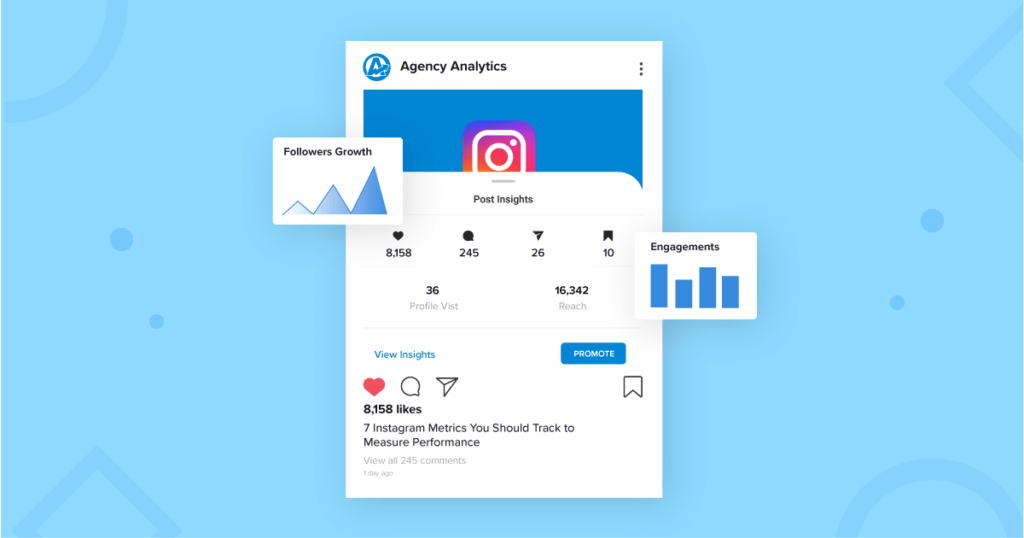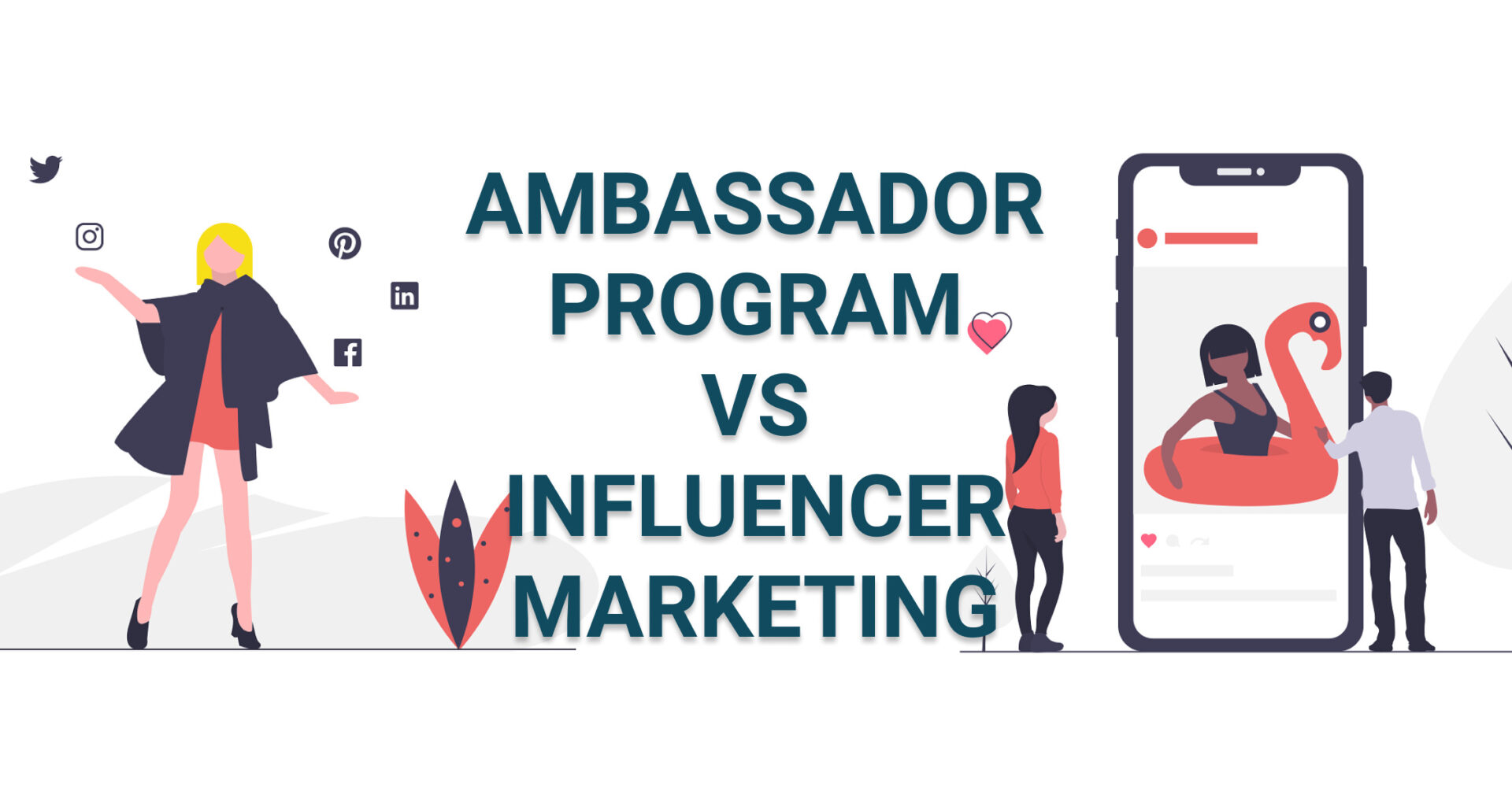The rising influencer market has left a good chunk of people finally trying to engage with this mode of marketing in order to promote their brand to the fullest. However, the fiery conventions of the discourse regarding influencers and brand ambassadors have left the same people quite baffled. And dearest reader, if you are one of those people who has grappled with figuring out whether to prefer an influencer or an ambassador for their brand marketing, this is the destination where all your worries will cease to exist.
While the title has made it quite evident, what is more preferable to know why is that the case? Let’s first dwell on the basics! Who exactly are influencers and ambassadors? And how are they different?
What is Influencer Marketing?
Influencers who mainly deal with social media are not exclusively celebrities; instead, they are people prominent in different fields such as beauty, fitness, comedy, and so much more. They can create engaging content for their audience and do so while entertaining them. Their specialisation and inclination towards certain fields attract specific target groups towards their platform. Influencer to become an influencer often needs a substantial amount of followers and a good reach.
Who are Brand Ambassadors?
On the other hand, are ambassadors often our exclusive celebrities whose follower count doesn’t make a difference to their title. As they are celebrities or public figures, they hardly have a specific target group; on the contrary, their audience is quite diverse and random.
Brand Ambassador Vs Influencer
Brand ambassadors and influencers are both important figures in the world of marketing and advertising. While they may seem similar, there are some key differences between them.
A brand ambassador is a person who is hired by a company to represent and promote their brand. They often have a long-term relationship with the company and are seen as a spokesperson for the brand. Brand ambassadors typically have a strong connection to the brand they represent and are often involved in product development and marketing strategies. They are usually paid a flat fee or a salary for their work, and their role is to build brand awareness and loyalty.
On the other hand, an influencer is a person who has a large following on social media platforms such as Instagram, TikTok, and YouTube. They have a significant influence on their followers’ opinions and purchasing decisions. Influencers are usually paid per post or per campaign, and their role is to create content that promotes a particular product or service.
The main difference between a brand ambassador and an influencer is their level of involvement with the brand. Brand ambassadors have a deeper relationship with the company they represent, while influencers are typically more independent and have less direct involvement with the brand. Additionally, brand ambassadors are often chosen based on their existing connection to the brand or their personal values aligning with the brand, while influencers are chosen based on their audience and reach.
Both brand ambassadors and influencers can be valuable assets for companies looking to build their brand and promote their products or services. The choice between the two often depends on the company’s goals, budget, and overall marketing strategy.
What Brands should prefer & Why?
Both the influencer and brand ambassador represent the brand; however, they do it differently. A brand ambassador often becomes the brand’s face and promotes it all together, whereas an influencer promotes specific products or services of the brand. Both audiences differ drastically, as a brand ambassador has a diverse and random audience, whereas one particular target group follows an influencer. For instance, people who are inclined towards fashion are prone to follow a fashion influencer. Brand Ambassadors are crucial for branding, whereas influencers play a vital role in marketing.
So who does a brand go to for their marketing needs? Wondering which one is more effective and will get the job done, right?
Why Influencer Marketing is effective than Brand Ambassadors?
1. Target Audience
Influencers are as active on social media as most of the world is out there. Ambassadors’ medium of marketing for a brand is word of mouth. In contrast, influencers indulge in creating entertaining content like stories, posts, reels and videos over different platforms like YouTube, Instagram, etc. It is easier for brands to reach their target audience by selecting the right influencers, whereas ambassadors reach out to random people.
Brands often have a target group when marketing because it’s all about generating sales and promotion at the end of the day. For instance, if you are a brand that focuses on self-care products for men, you’d be more likely to approach an influencer who is a man and have a page revolving around the more prominent theme of self-care. By doing so, the brand is bound to reach out to a specific audience that suits their customer profile as well, therefore, generating more sales as compared to reaching out to a group of random people who might not be interested in self-care in the first place.

When talking about the audience, different influencers have a different audience, and the brand is at liberty to work with a group of influencers for shorter campaigns. On the other hand, there are often clauses that allow a brand to have only one ambassador who has a limited audience compared to several influencers. A contract with an ambassador is much longer as compared to one with an influencer which is why there can often be a lot of limitations in terms of flexibility and accessibility over the longer course.
2. Entertaining Content
Lastly, influencers for your marketing needs create entertaining content that promotes your product, product reviews, brand or services without making it look like a boring advertisement. Influencers create specific media for their platforms, and a brand’s integrations stay on their profile as a post or a video. The same can’t be done with an ambassador, mainly because their preferred mode of marketing is through word of mouth. Let’s be honest; many people forget the same day unless reminded repeatedly; that is something the ambassador is not going to do.
3. Social Media Presence
Another reason to approach influencers is a specific number of followers, which means many people will see the content created by them. In contrast, an ambassador can have a million followers or no social media presence at all.

Conclusion
By and large, both do a similar job to a great extent; the way they do it is very different hence the difference in results. Doing short campaigns with other influencers and reaching different audiences seems a lot more efficient and feasible than using the same person and reaching out to their same audience over a long period of time, don’t you agree?
Well, if you do agree, then work with Wobb! We are an influencer marketing organisation that takes care of the needs of brands and influencers by connecting them and providing them with various assistance throughout their marketing campaign.
Now that you are aware that with so many advantages influencer marketing is what is going to keep you ahead in the game, let us help you make running your campaign as easy as it can be!






